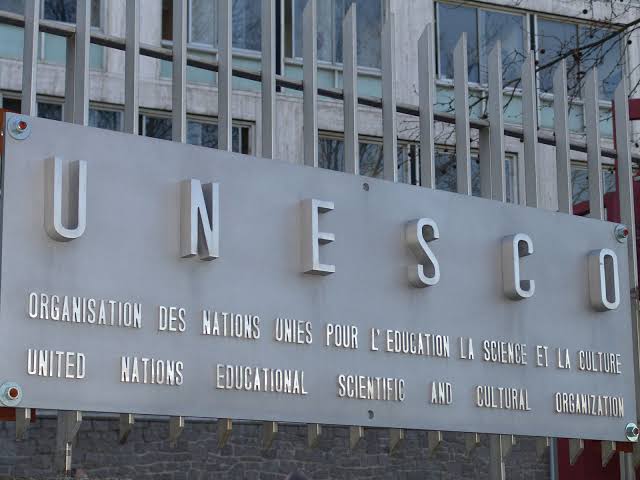Japanese Government has provided funding to the United Nations Educational, Scientific and Cultural Organization (UNESCO), Regional Office at Abuja, the federal capital of Nigeria, to organize a two-day Capacity Building Workshop in Delta State for CSO’s/CBO’s and other relevant stakeholders on SGBV, preventing COVID-19, countering violence, extremism and hate speech in marginalized communities.
This follows the successful advocacy meeting on the Japan-UNESCO project, titled “Empowerment of Women and Girls in Marginalized Communities for Better Well-being through Education and Advocacy” in Delta state on Tuesday, May 11 2021 with funding from the Japan Government.
The Honourable Commissioner for Secondary Education, Mrs Rose Ezewu, her counterpart from the Women Affairs Ministry in the state, Mrs Alantan and other government dignitaries expressed commitment of the state government to support the implementation of the project in Delta State.
The aim of the advocacy launch and inception meeting was to solicit the support of the Delta State Government and all relevant partners as well as promote the buy-in by all stakeholders for sustainability.
The capacity building workshop is aimed at promoting the empowerment of women and girls in marginalised communities for resilience strengthening, selfactualization and effective advocacy for eliminating sexual and gender-based violence (SGBV) and reducing the spread of COVID-19, ultimately contributing to peace, stability and inclusive development of Nigeria.
The participants would also be strengthened on how best to address, respond and prevent SGBV at the grassroots with a view to moving the conversation towards enforcement.
The Japan-UNESCO project sets to tackle the disruption of learning and the surge of gender based violence brought about by the COVID-19 Pandemic and will promote the empowerment of women and girls in marginalised communities for resilience strengthening and self-actualization through education.
The project is also a tool for effective advocacy on eliminating sexual and gender based violence (SGBV) and reducing the spread of COVID-19, ultimately contributing to peace, stability and inclusive development in the beneficiary states of Bauchi, Gombe and Delta.
This is expected to be achieved through the combined impact of psychosocial rehabilitation, community media empowerment, and second chance education opportunities.
Japan has had series of collaboration with UNESCO over the years in its efforts to promote sustainable development. The focus of the project on the promotion of peace, stability and inclusive development for shared prosperity is at the heart of Japan’s Country Development Cooperation Policy for Nigeria.
For more information, please contact:
Nuhu, Yachat (ys.nuhu@unesco.org) OiC Communication and Information Officer, UNESCO Multisectoral Regional Office, Abuja, Nigeria.
Anene-Maidoh, Magdalene (m.anene-maidoh@unesco.org) Education and Partnership Officer, UNESCO Multisectoral Regional Office, Abuja, Nigeria.
Okafor, Nneka Ifeoma (ni.okafor@unesco.org) OiC Social and Human Science Officer, UNESCO Multisectoral Regional Office, Abuja, Nigeria

















